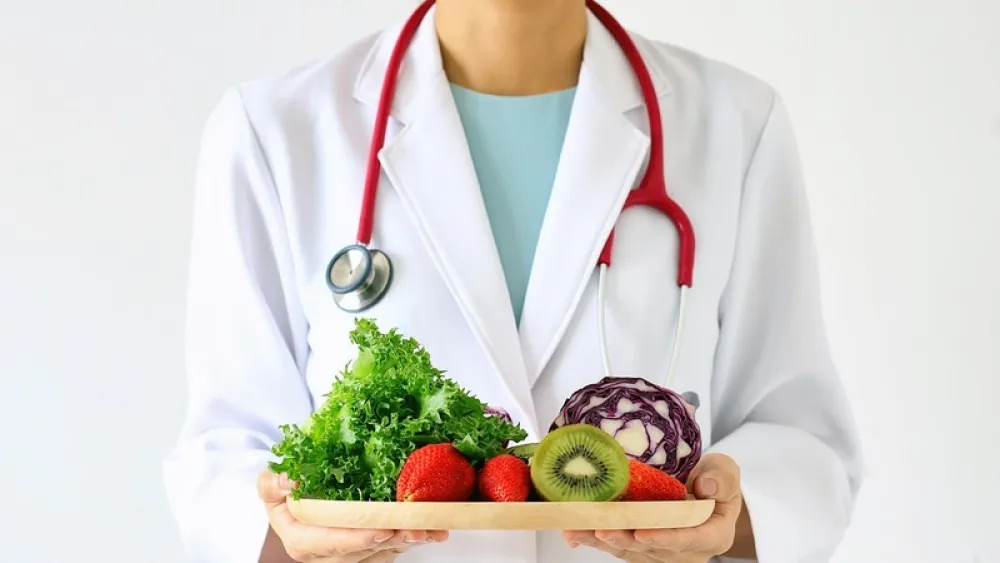Healthy Lifestyle
Recovering From COVID-19? Why Proper Nutrition and Hydration Matter
Published: April 29, 2020

We all know the feeling: There’s very little that looks or sounds appetizing when we’re sick. But hydration and nutrition play vital roles in your body’s response and recovery to illness, especially when it comes to COVID-19.
Many symptoms associated with viral illnesses can deplete your body of water and nutrients rather quickly. Some of them include:
- Fever
- Nausea or vomiting
- Diarrhea
- Poor appetite, which can lead to inadequate food and fluid intake
Unintentional weight loss during illness is generally a sign of fluid loss. It may also be a sign that your body is using muscle and fat for the energy it needs to maintain normal functions.
Fat and muscle loss tend to limit your body’s ability to fight illness and recover. So in order to keep your immune system humming along, it’s imperative that you get adequate nutrition and hydration even when you’re not hungry or thirsty.
Hydration
When you’re sick, your fluid needs increase. Clear liquid beverages with protein, sports drinks and oral rehydration solutions are ideal because they provide calories, electrolytes and minerals.
When you’re sick, be sure to monitor for signs of dehydration. These include:
- Increased thirst
- Fever
- Dark colored urine
- Dry mouth
- Increased heart rate
- Tiredness
- Confusion
As a rule of thumb, you should be passing light yellow urine every three to four hours.
Tips To Stay Hydrated
- Take small sips of liquids every few minutes.
- Use a variety of liquids to avoid taste fatigue.
- Keep liquids accessible and near you at all times.
- Take an oral rehydration solution in addition to water if you’re vomiting or experiencing diarrhea.
Nutrition
It’s essential to get adequate calories and protein to maintain metabolic functions, preserve muscle mass and help your body recover. Energy needs vary from person to person but usually always increase in times of stress and infection.
Tips To Increase Calories and Protein
- Eat at least five to six times a day, including meals, snacks and supplements.
- Increase the fat in your diet by adding mayonnaise, salad dressing, avocado and nut butters to your snacks and meals.
- Consume protein supplements that have a minimum of 150 calories and 15 to 30 grams of protein per 8 ounces.
If you’re recovering from COVID-19, continue eating a high-calorie, high-protein diet and exercise regularly to regain muscle that may have been lost during illness. Stay in touch with your health care provider for additional guidance on regaining your health and strength. And help others maintain theirs by keeping your distance until you’re well.
More Resources
- Learn more about nutritional counseling at Methodist
- Follow Methodist on Facebook, Twitter and Instagram for the latest COVID-19 updates


